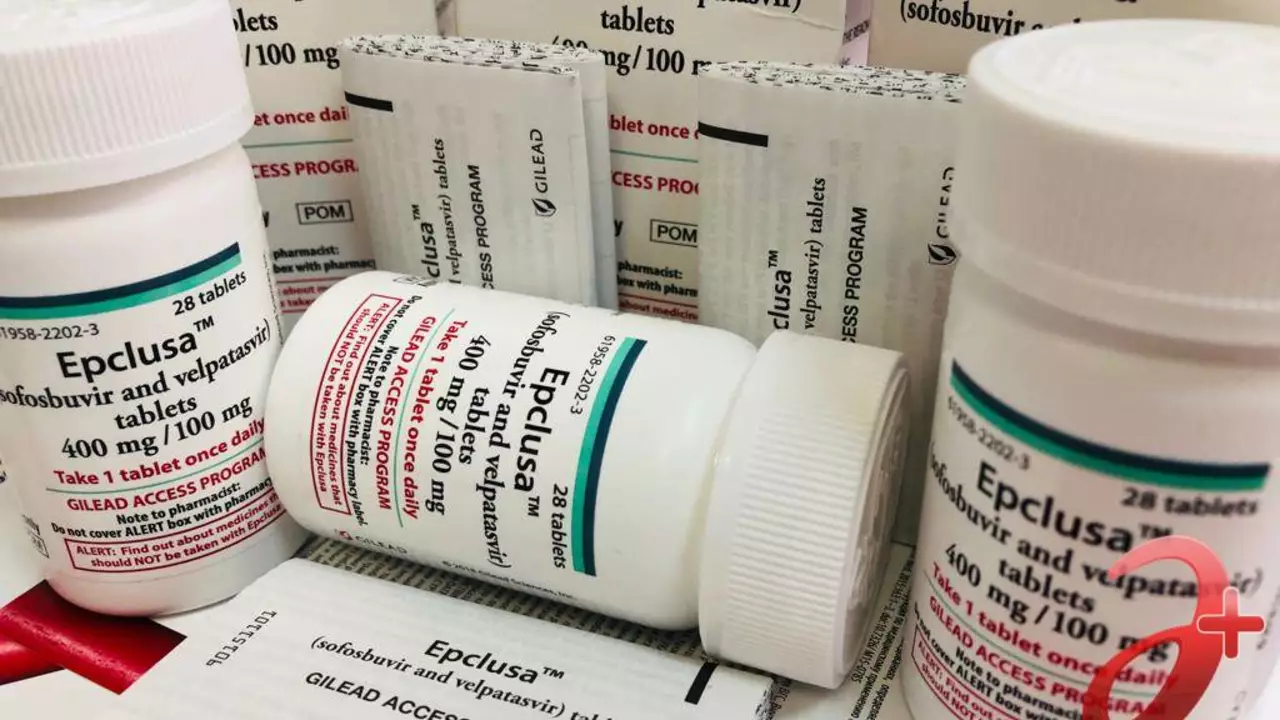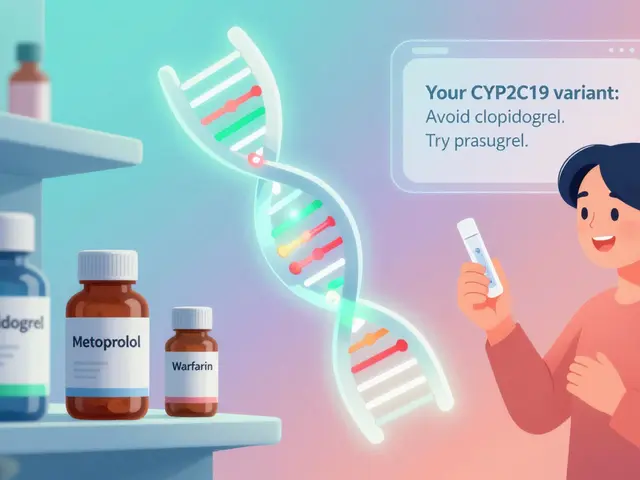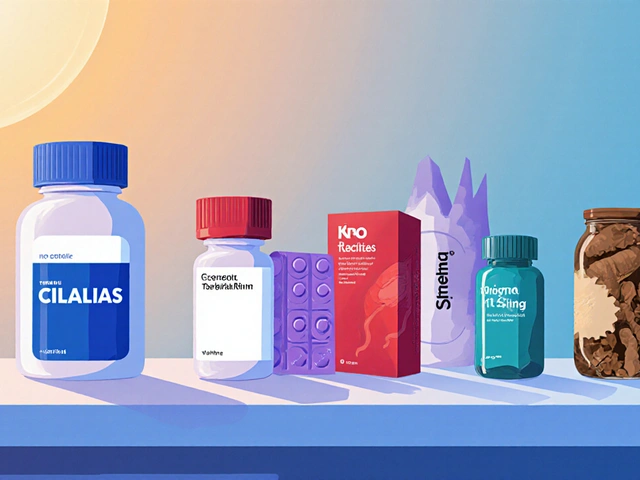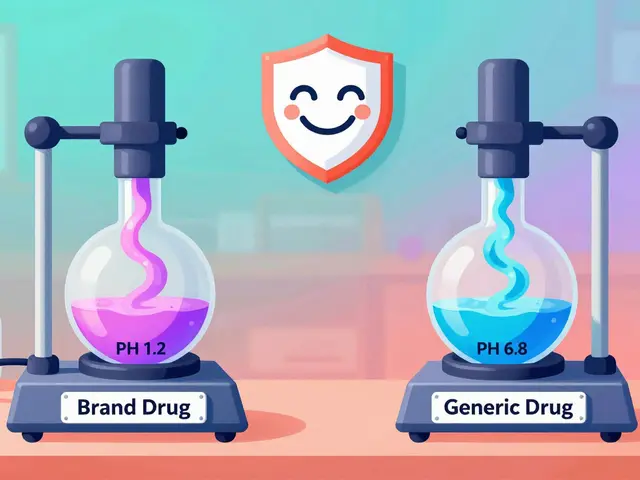Top 7 Wellbutrin Sr Alternatives in 2025: A Comprehensive Guide
January 27 2025Hepatitis C Treatment: What Works Now and How to Access It
If you or someone you care about has hepatitis C, the good news is treatment is usually short and highly effective. Modern hepatitis C treatment mainly uses direct-acting antivirals (DAAs). These are pills taken for 8 to 12 weeks that clear the virus in most people.
DAAs target parts of the virus life cycle so the virus can’t reproduce. Common combinations you might hear about include sofosbuvir/ledipasvir, sofosbuvir/velpatasvir, and glecaprevir/pibrentasvir. Doctors pick a regimen based on factors like prior treatment, liver damage, and the virus genotype. The vast majority of people — often over 95% — achieve a sustained virologic response, which basically means cure.
How treatment is chosen
Your care team will start with tests: an HCV RNA to measure viral load, a genotype in some cases, and blood tests to check liver health. Imaging or FibroScan can assess scarring. If you have advanced liver disease or other health issues, treatment may need closer follow-up. Most people without complications can take a fixed DAA course with minimal monitoring.
Ribavirin and interferon were used in the past but are rarely needed now. Ribavirin may still be added in difficult cases, and it can cause anemia and fatigue. Interferon had more side effects and longer courses; it’s mostly historical in current practice.
What to expect and side effects
DAAs are generally well tolerated. Common complaints are mild: headache, fatigue, nausea. Serious side effects are uncommon. If ribavirin is used, expect more tiredness and possible anemia — your doctor will monitor blood counts. Drug interactions matter: always tell your provider about other medicines, vitamins, and herbal supplements.
Follow-up testing is simple: a blood test 12 weeks after finishing therapy confirms cure. Once cured, liver risk drops, but if you had advanced scarring you’ll still need periodic checks for liver cancer and overall liver health.
Paying for treatment can feel overwhelming. Many countries have programs to cover DAAs, and patient assistance programs exist from manufacturers. If you’re looking at online pharmacies, be cautious. Use verified, licensed pharmacies and check reviews and credentials. The site has guides on spotting legit online pharmacies and which services offer safe ordering and delivery.
If you travel while on treatment — for example taking ribavirin previously — plan ahead: pack enough medication, keep drugs in original packaging, and check time zones for dosing. Travel posts on this site cover real-world tips for managing meds on the go.
If you think you might have hepatitis C, get tested. Treatment now is short, usually a few pills a day, and the chance of cure is high. Talk with a clinician about the best DAA for your situation and how to access medications safely.
Steps to take right now: get an HCV RNA test, ask your doctor about an all-oral DAA plan, check for patient assistance or national programs, and avoid buying from unverified sites. If cost is a barrier, call the manufacturer or search verified Canadian or international pharmacies listed in our safe-ordering guides. Quick action makes a big difference — early cure prevents future liver damage. Act now today.
 31 Jul
31 Jul
The Cost of Velpatasvir: Is It Worth the Investment for Hepatitis C Treatment?
Alright, folks, let's dive into the financial deep end of the pool, we're chatting about Velpatasvir today! A.k.a, the big V, the hefty HCV (Hepatitis C Virus) stopper. Now, this treatment's cost could make you gasp and drop your coffee, but hang in there! The big question is - is it worth the investment? Strap in, because the answer might turn your world upside down: with its impressive effectiveness, it's a resounding YES! It's like buying a Ferrari for the price of a bike, but hey, who wouldn't want a Ferrari to fight Hepatitis C, right?
Read More...




